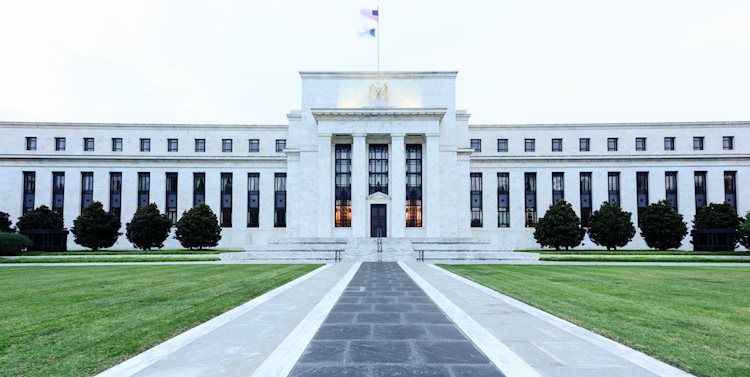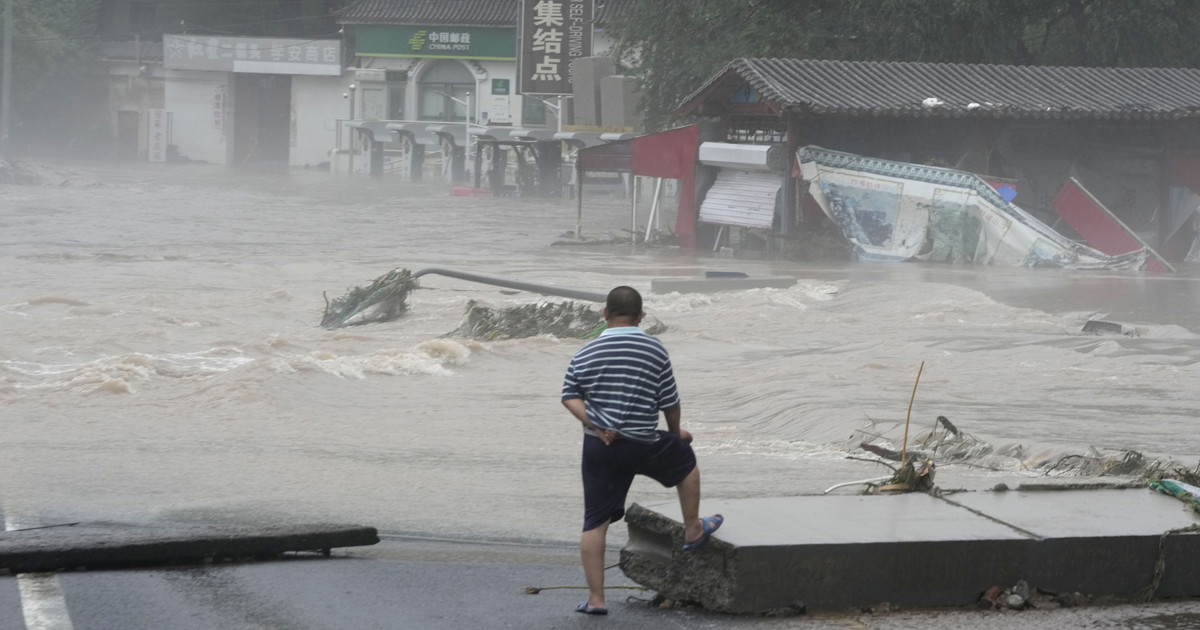The investment rate in the second quarter of 2022 was 18.7% of GDP, the IBGE released this Thursday (1st). The level is higher than the average of the last five years, 16%.
Productive investments measured by Gross Fixed Capital Formation advanced 4.8% in the period, benefiting from new regulatory frameworks, concessions and privatizations, according to Inter. “The number is well above the average of around 16% over the last 5 years,” says Rafaela Vitória, the bank’s chief economist.
The IBGE links this growth to construction and information and communication activities. “In this last activity, positive performance is especially related to the development of software. This is one of the activities that were least impacted by the effects of the pandemic, as well as the financial sector, agriculture and extractive industry”.
CNN Economics specialist Sergio Vale explains that investment has gone well, in part, on account of construction, which still reverberates the years of low interest rates and residential construction that increased during this period.
He adds that it also has a little to do with the Casa Verde Amarela housing program, the low-income population that is helping the sector to compensate for the worsening middle class.
But the most relevant are machinery and equipment, especially agricultural, on account of commodities. They have been the flagship of expansion for the past two years.
According to the latest data released by Fenabrave, in June, the sale of agricultural machinery, including tractors and harvesters, rose 37.5% compared to the same month last year. In June, 5,900 units were delivered to rural producers, which represents an increase of 8.2% compared to May this year.
In the entire first half of 2022, 31,600 units of tractors and harvesters were delivered in the country, a growth of 32.9% compared to the same period in 2021.
The construction sector rose 2.7% in the 2nd quarter, driven by new infrastructure projects across the country which, in turn, have been stimulated by new regulatory frameworks in combination with concessions and privatizations, says Rafaela.
The economist points out that the growth of the capital market, despite the rise in interest rates, has been providing ample financing for the private sector to increase investment.
Source: CNN Brasil
I am Sophia william, author of World Stock Market. I have a degree in journalism from the University of Missouri and I have worked as a reporter for several news websites. I have a passion for writing and informing people about the latest news and events happening in the world. I strive to be accurate and unbiased in my reporting, and I hope to provide readers with valuable information that they can use to make informed decisions.






